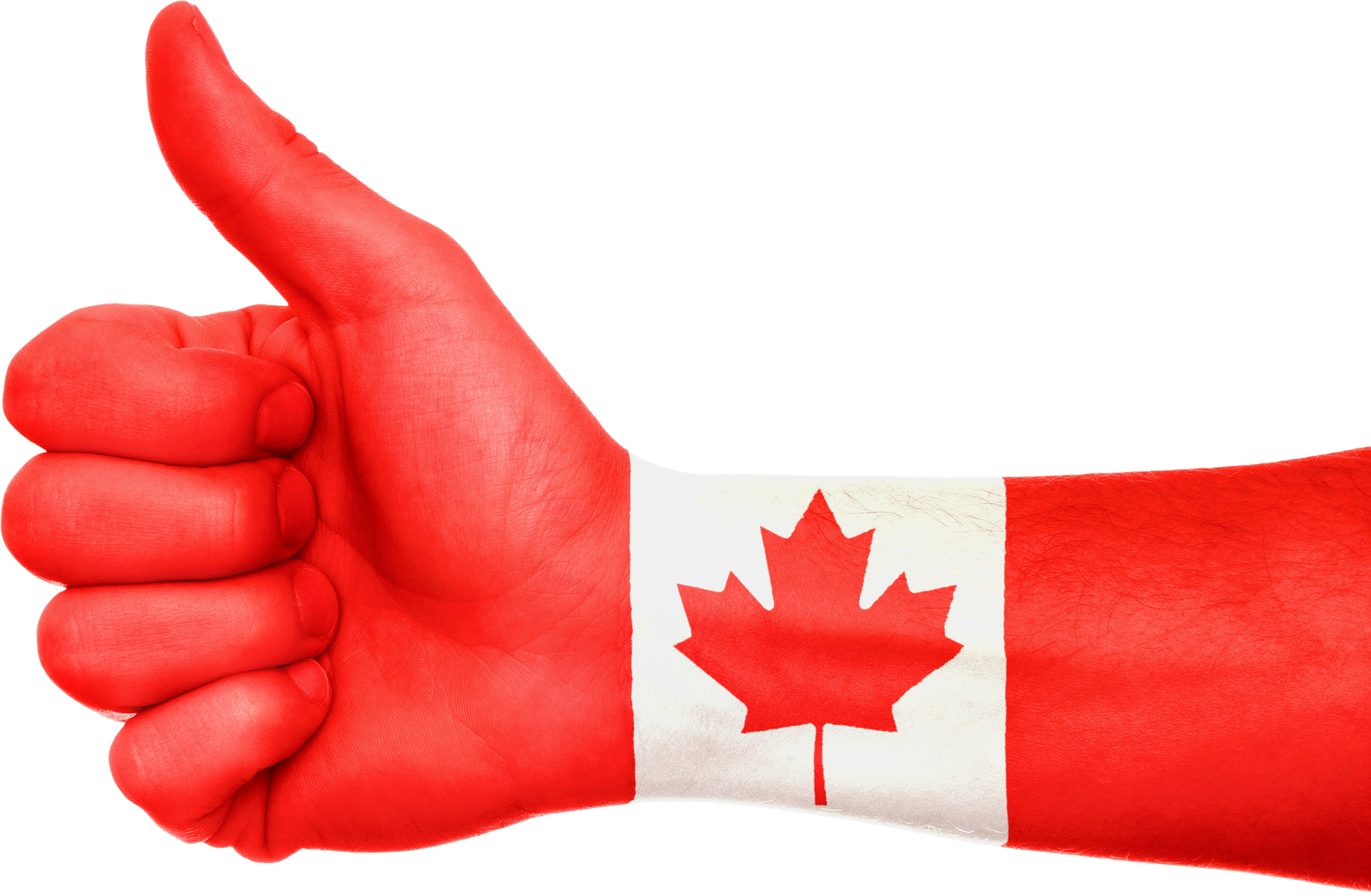Canada allows British Columbia to decriminalise drug possession (2.5 g)

Fentanyl was found in 79% of drug overdose deaths in British Columbia last year, a 5% increase from 2012.
Canada’s westernmost province set a record for drug overdose deaths last year, when 2,224 people died in 2021. That’s why it decided to take its bold step. Fentanyl, a powerful opioid that is 50-100 times more potent than morphine, is behind the rise in overdose deaths. Black market drug dealers often mix fentanyl with other drugs such as heroin and cocaine, or even press it into pills that resemble Xanax and other opioids.
Vancouver Mayor Kennedy Stewart has welcomed the experiment in drug decriminalization, saying it will “remove the police from the lives of drug users and instead connect them to a growing array of effective health services.” “We need to detoxify our drug supply, uncontaminated by the supply of illegal substances, build more purpose-built spaces with built-in health care support, and approve more safe and controlled consumption sites,” Stewart said.
South of British Columbia, Oregon became the first state in the U.S. to decriminalize small amounts of drugs when voters approved the “Drug Addiction Treatment and Recovery Act” in 2020. Several US cities have also decriminalised psychedelic drugs such as LSD and psilocybin mushrooms.
Portugal was the first country to decriminalise hard drugs when it allowed private use of all substances more than twenty years ago.
Source, photo: foxnews.com, photobank
Author of this article
WAS THIS ARTICLE HELPFUL?
Support us to keep up the good work and to provide you even better content. Your donations will be used to help students get access to quality content for free and pay our contributors’ salaries, who work hard to create this website content! Thank you for all your support!





OR CONTINUE READING